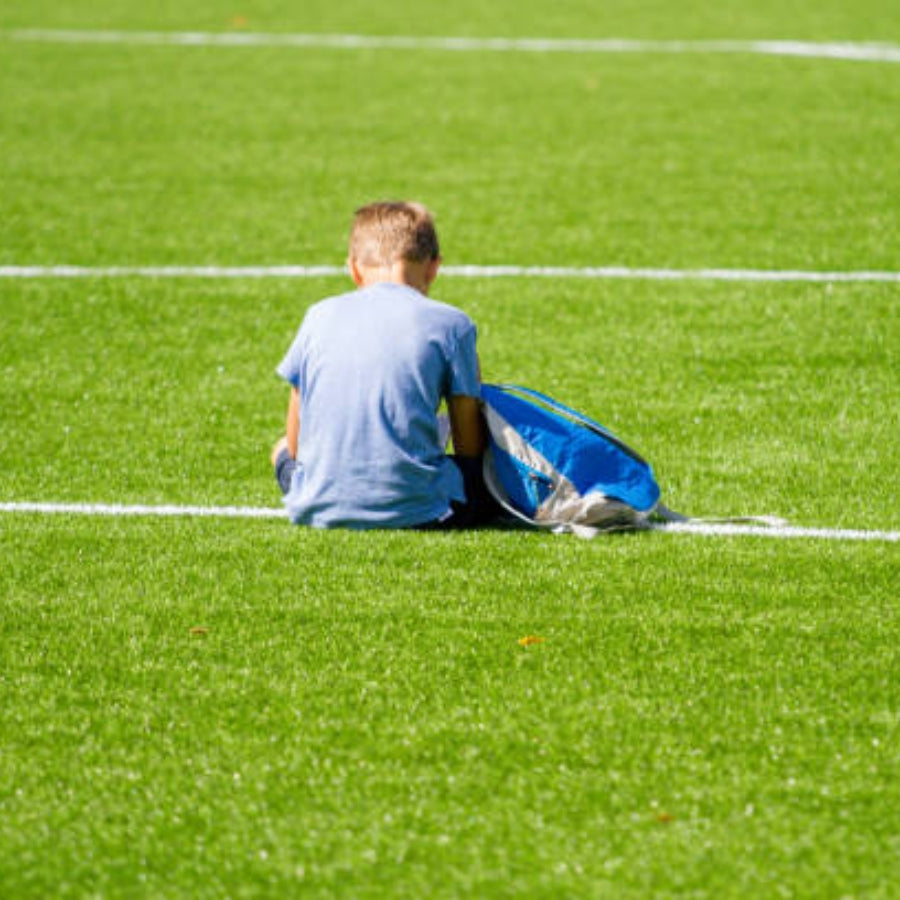Let's face it. You are probably not raising the next Bo Jackson or Deon Sanders.
But in an era where early specialization in a single sport is often encouraged, many parents and coaches are reconsidering this approach. Playing multiple sports during childhood offers a range of benefits that go beyond just physical fitness. This article explores why encouraging children to participate in various sports can lead to more well-rounded development, both on and off the field.
Physical Development:
Engaging in different sports helps children develop a broad range of motor skills. Each sport requires different movements, whether it’s the agility needed in soccer, the hand-eye coordination in tennis, or the endurance in swimming. By playing multiple sports, children build overall athleticism, which can enhance their performance across all activities and reduce the risk of overuse injuries often associated with specializing in just one sport.
Mental Toughness:
Playing various sports exposes children to different challenges and learning environments, helping them build resilience. Each sport comes with its own set of rules, strategies, and social dynamics. As children adapt to these different scenarios, they learn how to handle failure, celebrate success, and develop a growth mindset. This mental toughness translates into other areas of life, such as academics and personal relationships.
Social Skills:
Participating in multiple sports allows children to interact with diverse groups of peers and coaches, fostering important social skills. They learn teamwork, communication, and how to build relationships with people who may have different perspectives or play styles. These experiences help children develop empathy, cooperation, and the ability to work within a team—skills that are essential in adulthood.
Preventing Burnout:
Focusing on a single sport from an early age can lead to burnout, both physically and mentally. The pressure to constantly perform at a high level can be overwhelming for young athletes. Playing multiple sports keeps the experience fresh and fun, allowing children to enjoy the benefits of physical activity without feeling the burden of constant competition. This variety helps maintain their enthusiasm for sports, leading to a lifelong love for staying active.
Long-Term Athletic Success:
Research has shown that many professional athletes played multiple sports during their youth. This diverse athletic background often contributes to their success in their chosen field later in life. By avoiding early specialization, children develop a well-rounded skill set that can be applied to any sport they choose to pursue seriously in the future.
Encouraging children to play multiple sports during their formative years offers numerous benefits that extend far beyond the playing field. From physical and mental development to social skills and long-term athletic success, the advantages of a multi-sport approach are clear. As parents and coaches, we have the opportunity to foster a balanced, enjoyable, and enriching sports experience for our children—one that can shape them into well-rounded individuals for life.



















